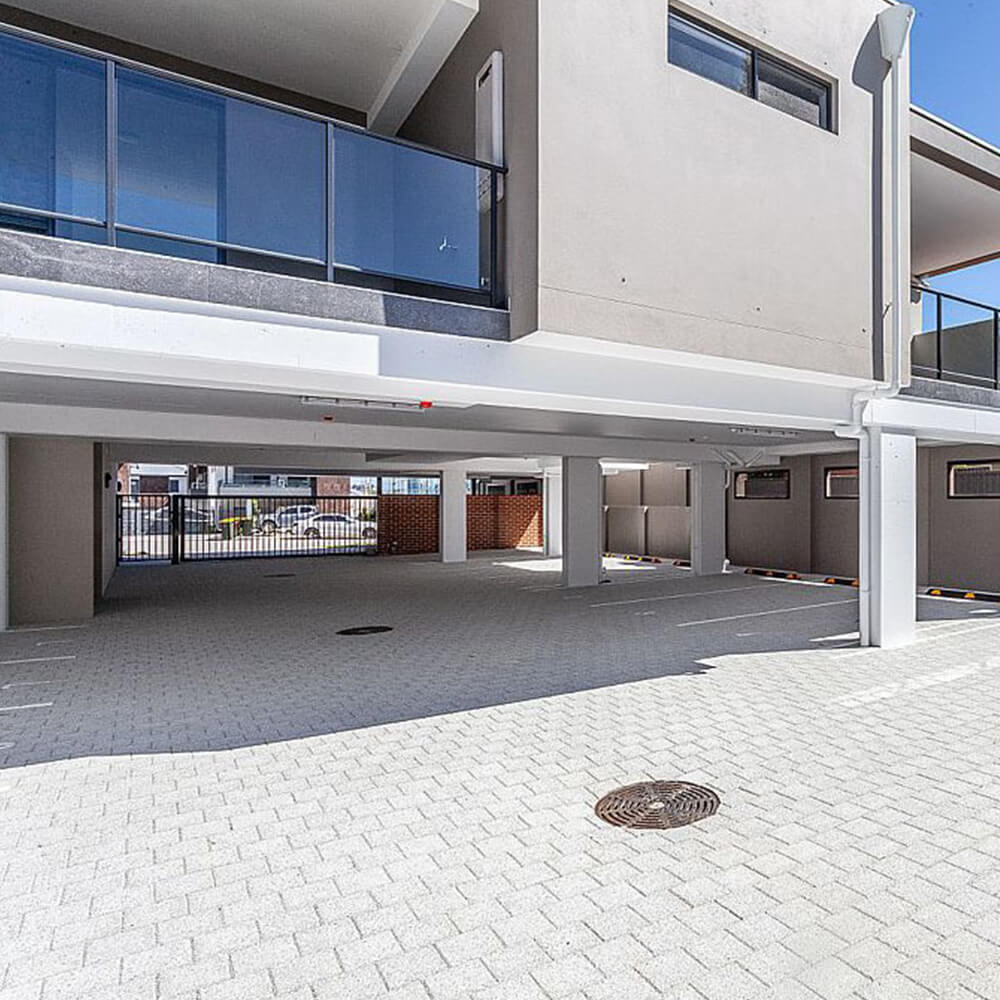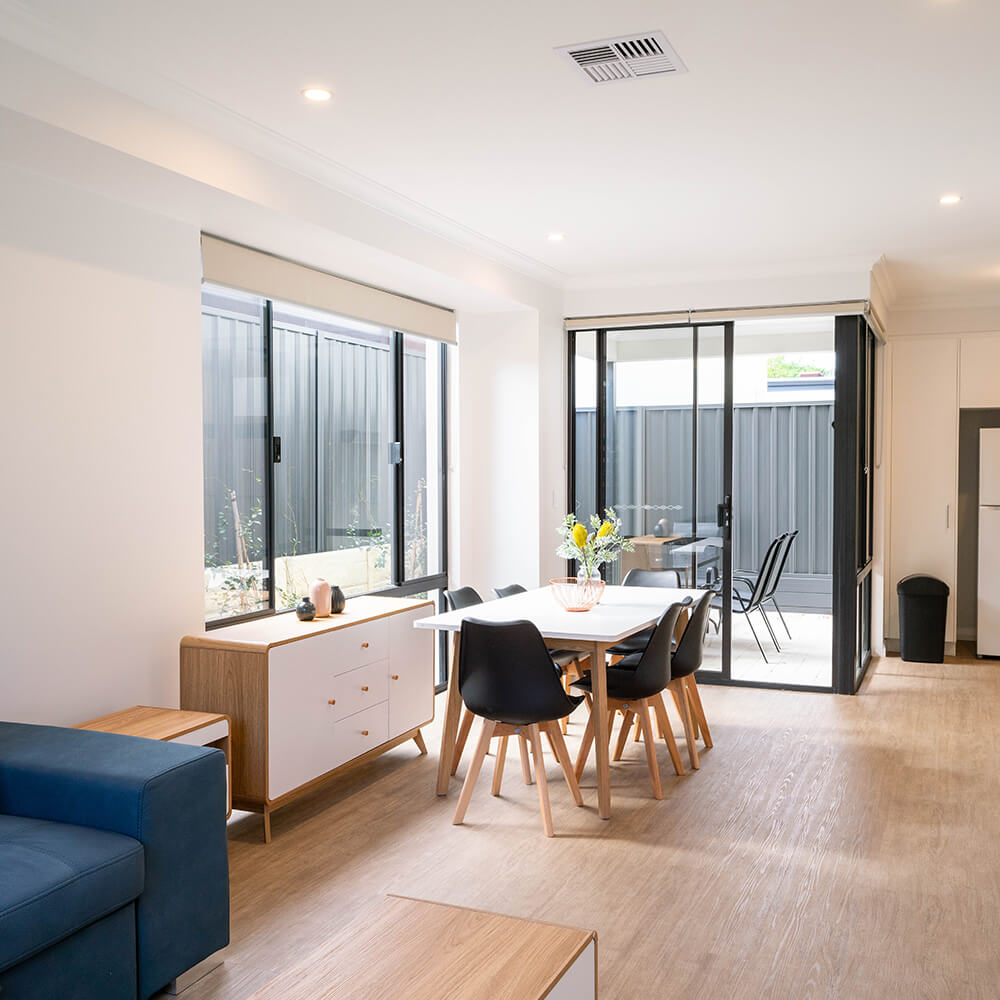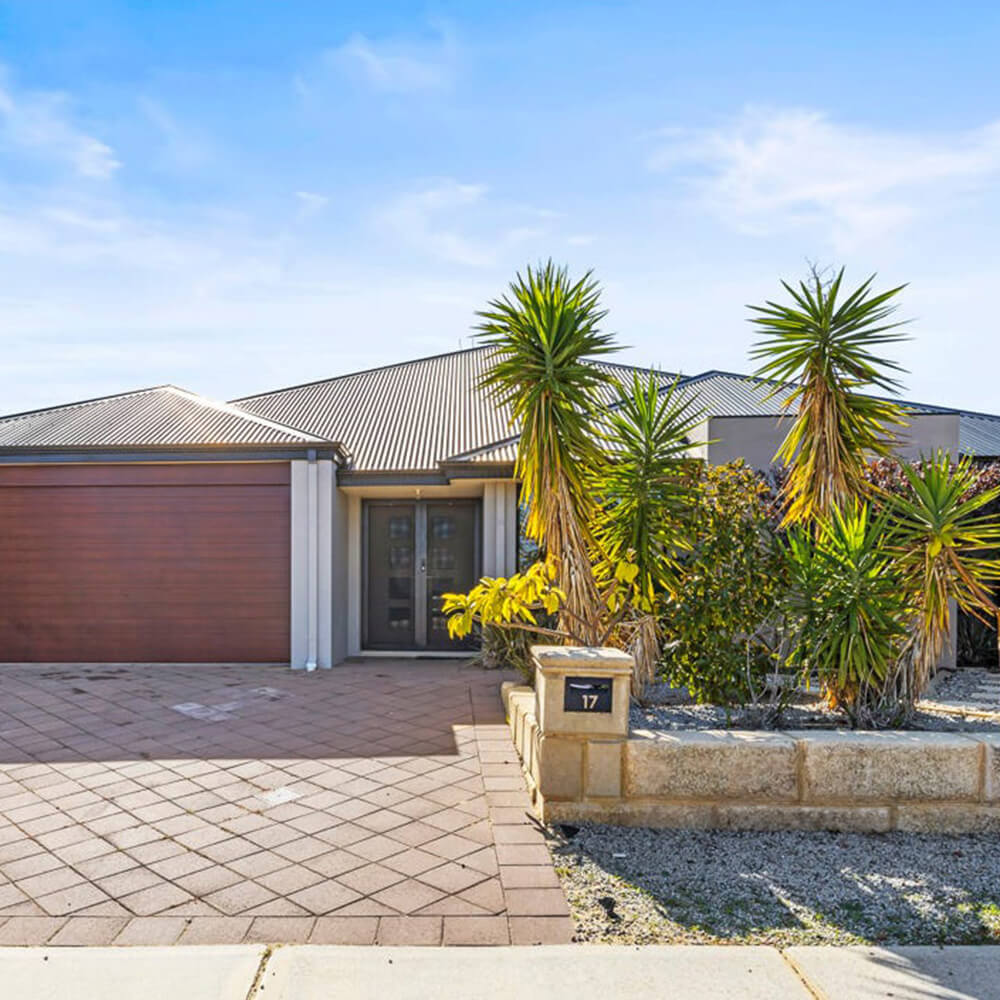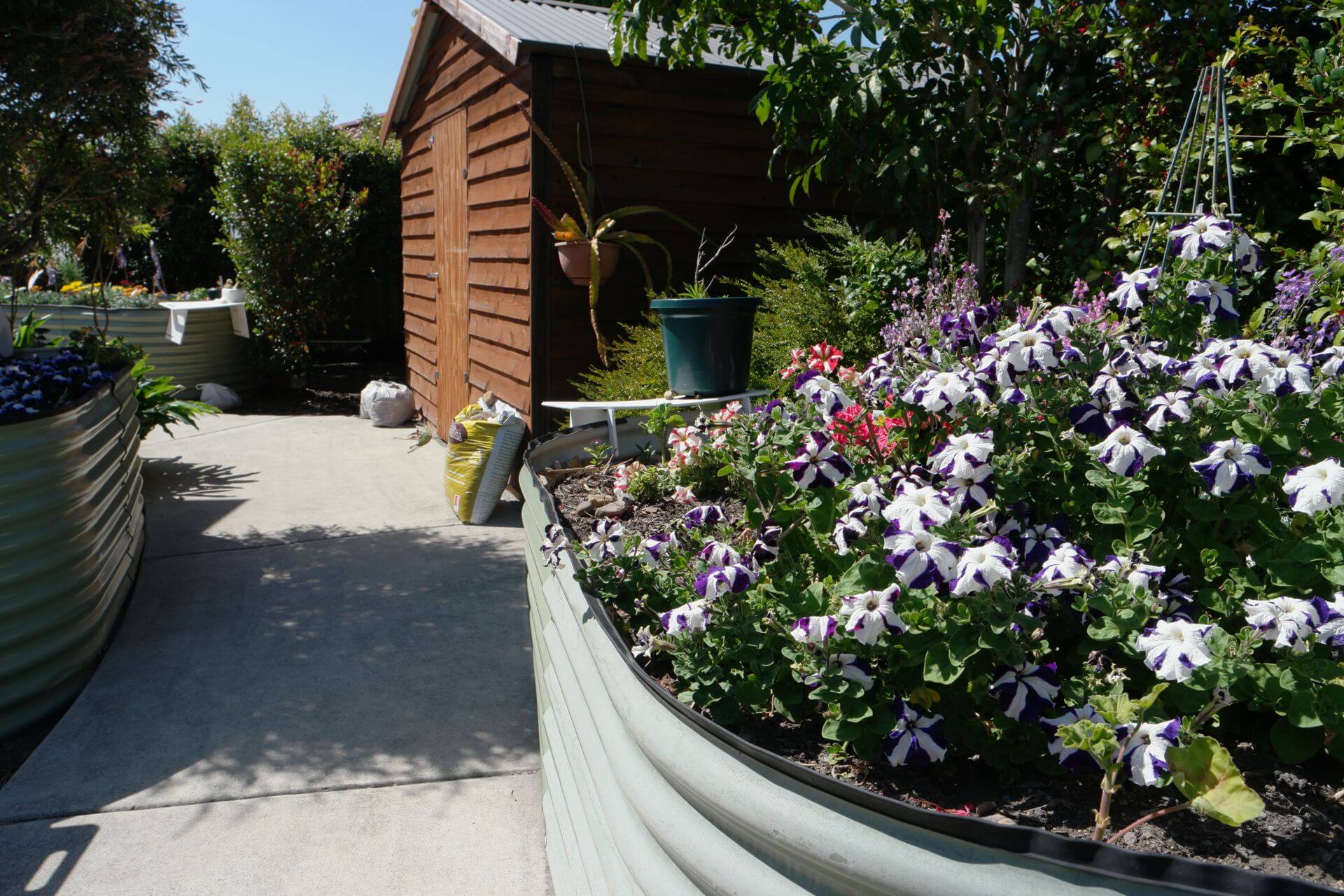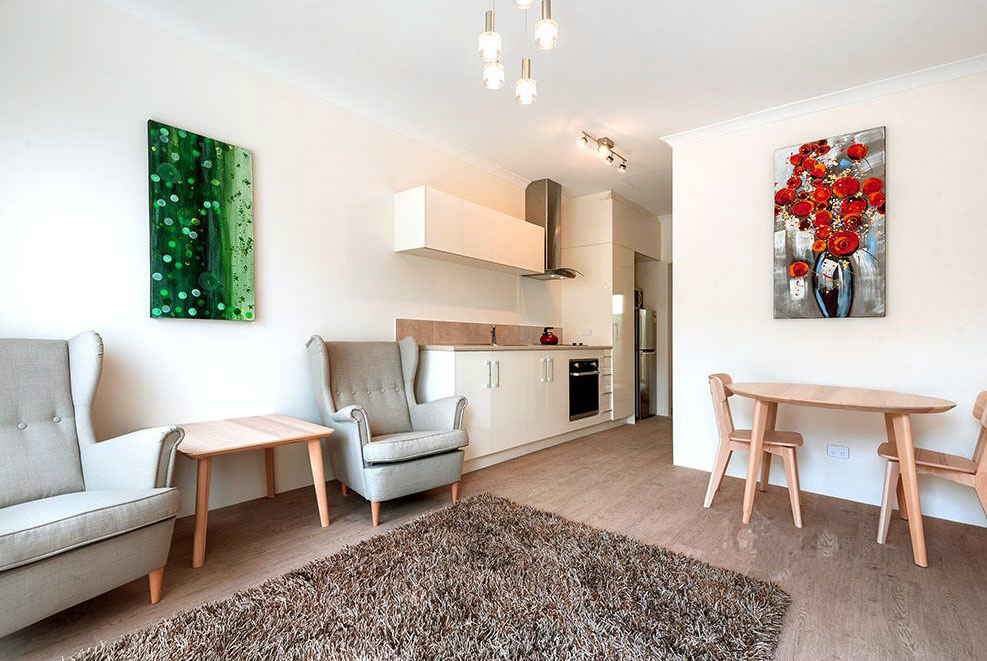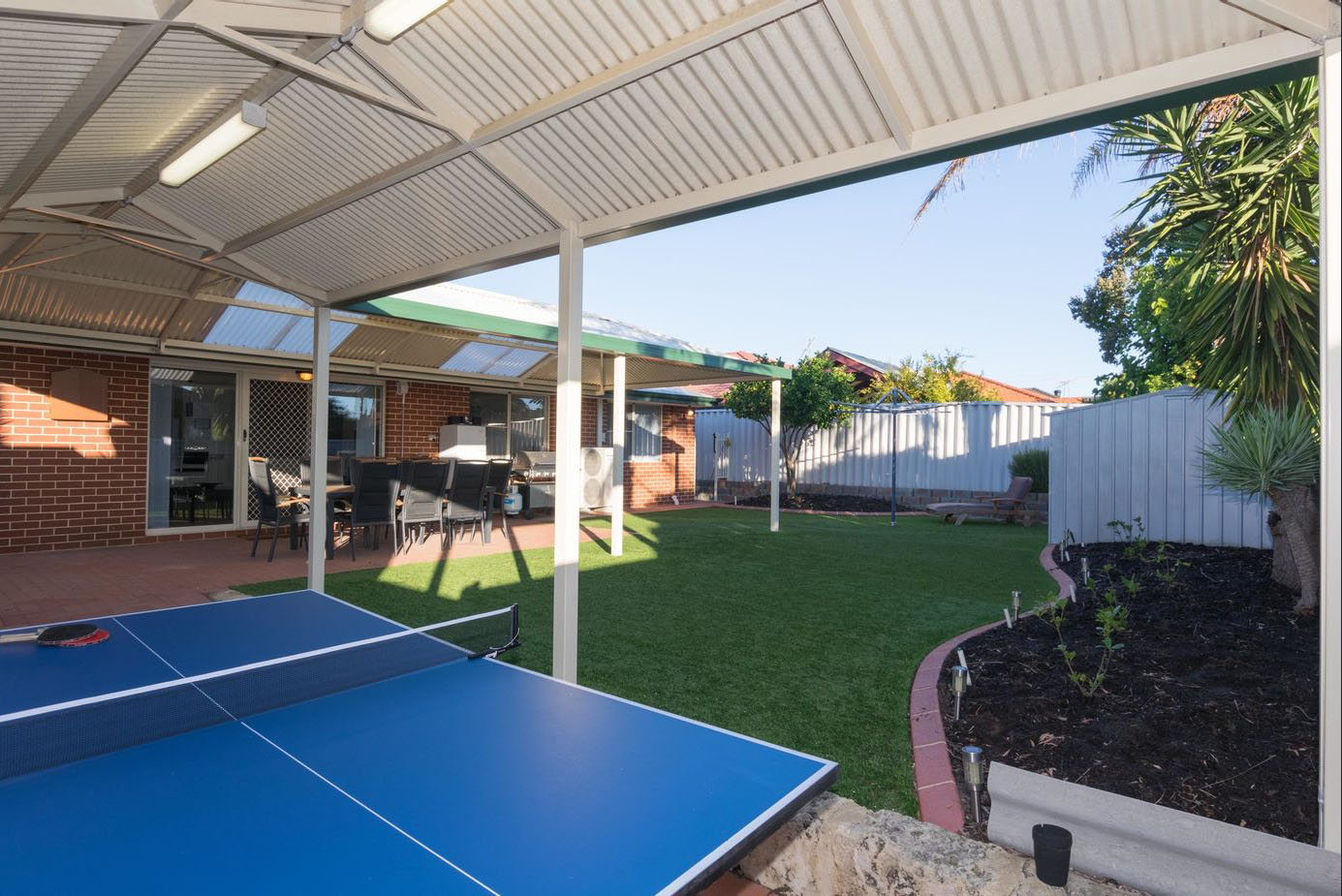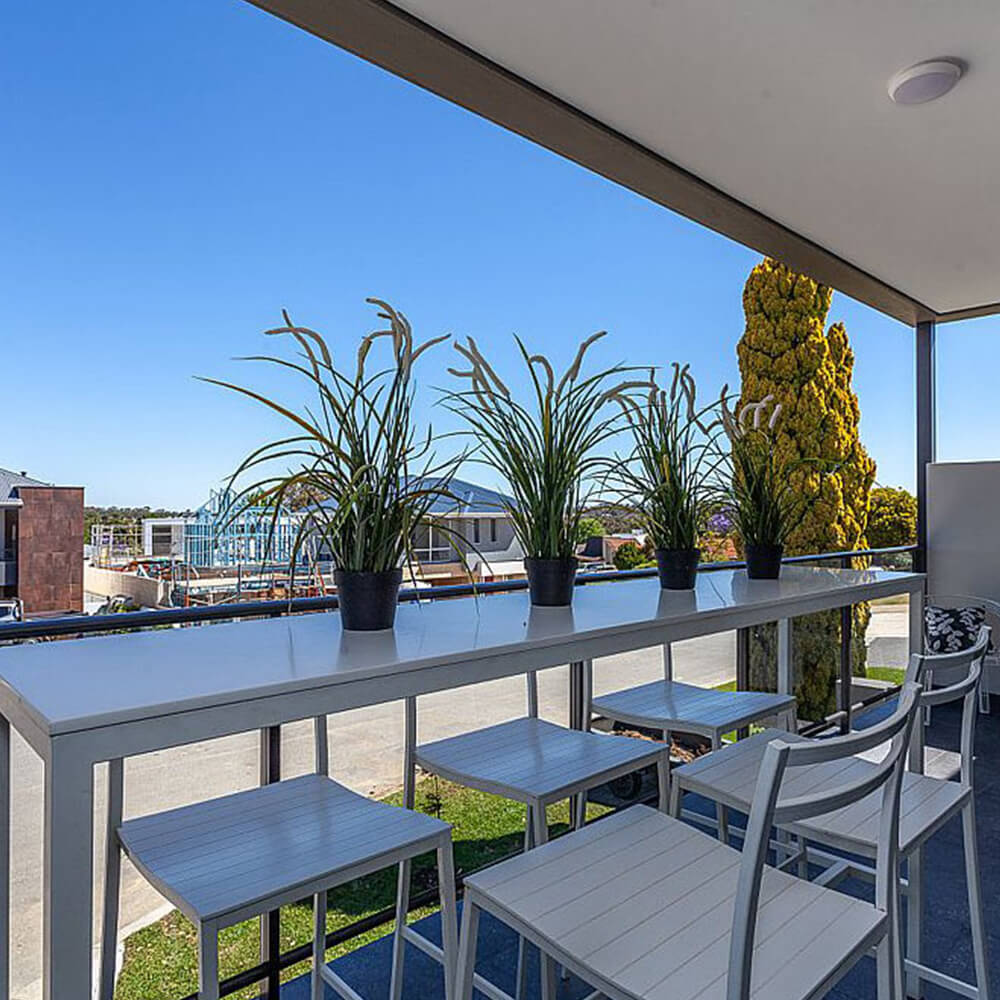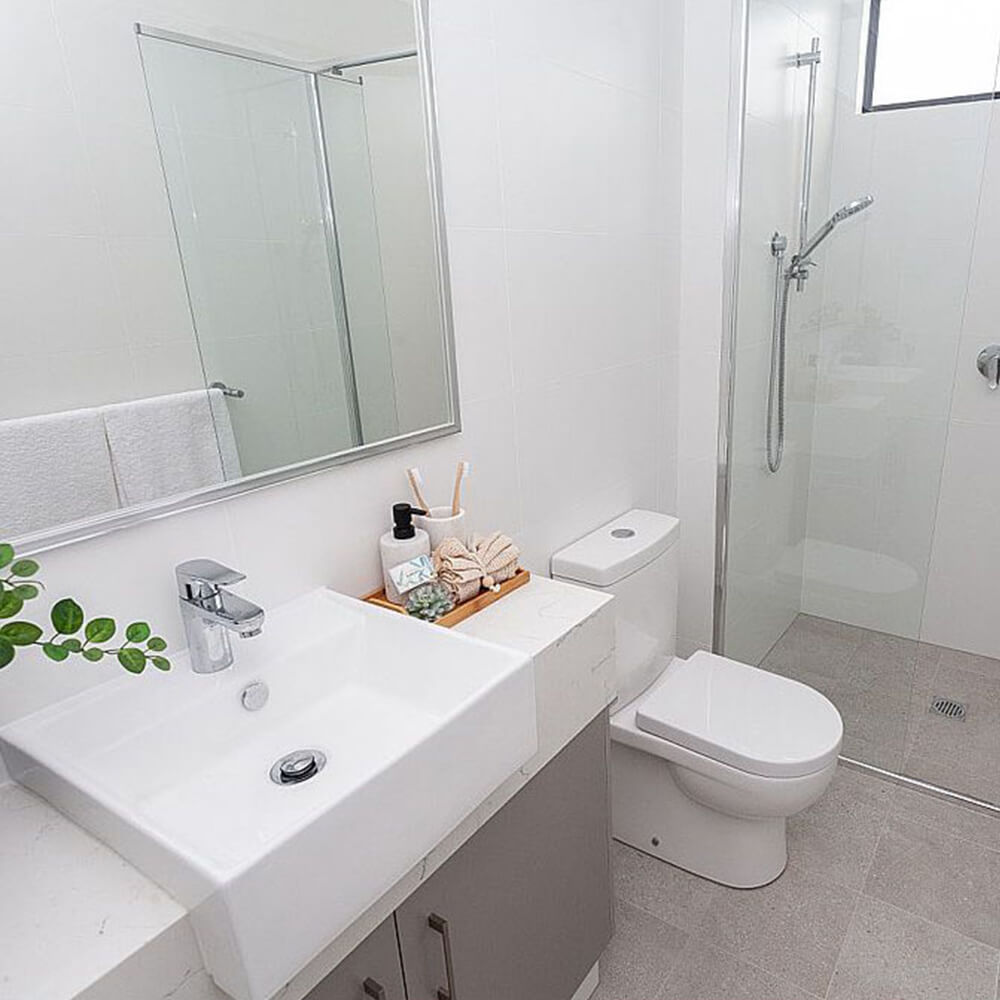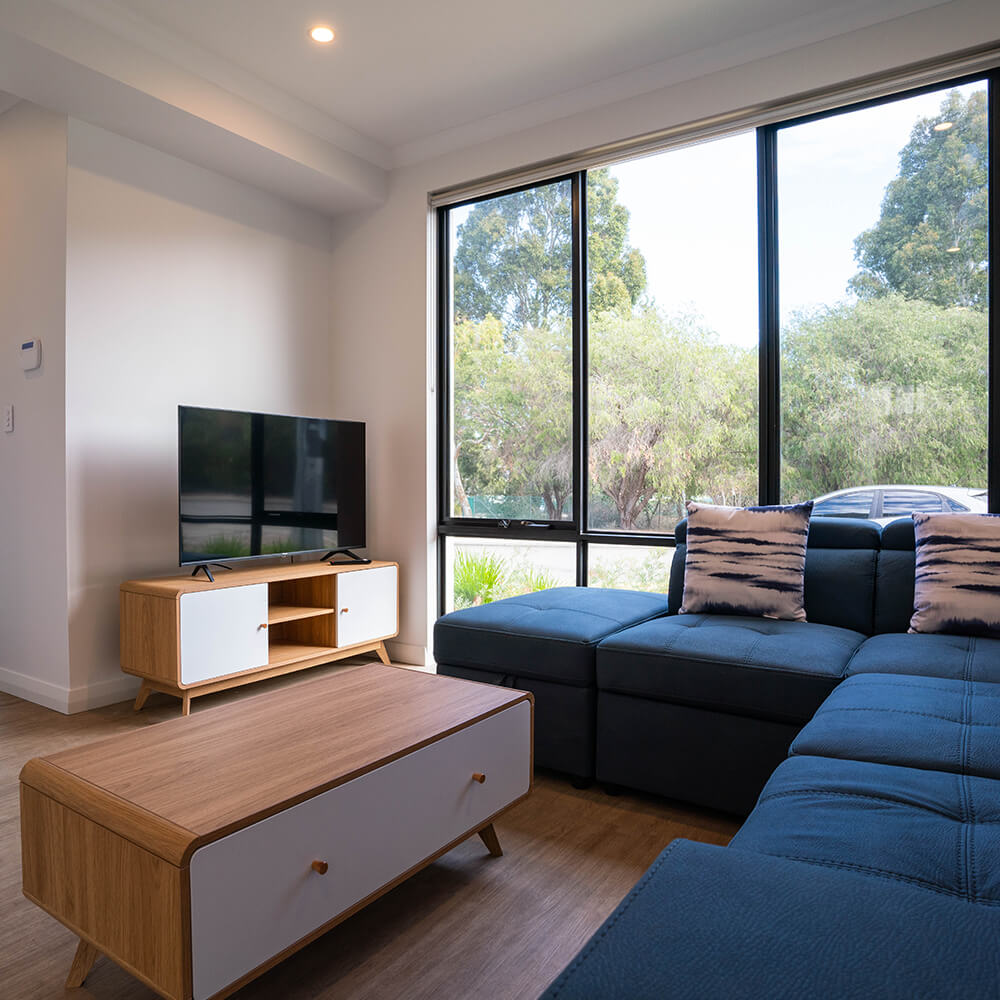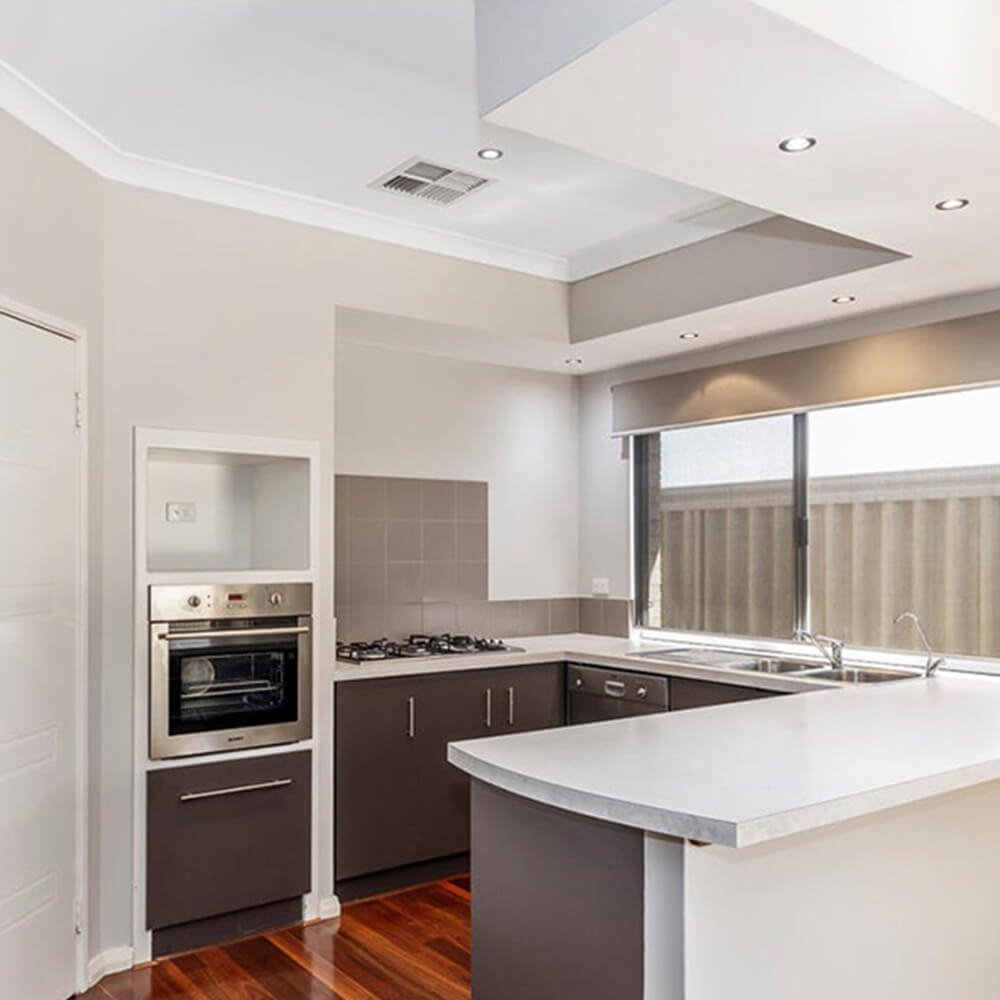What Are The Eligibility Requirements for Specialist Disability Accommodation under the NDIS?
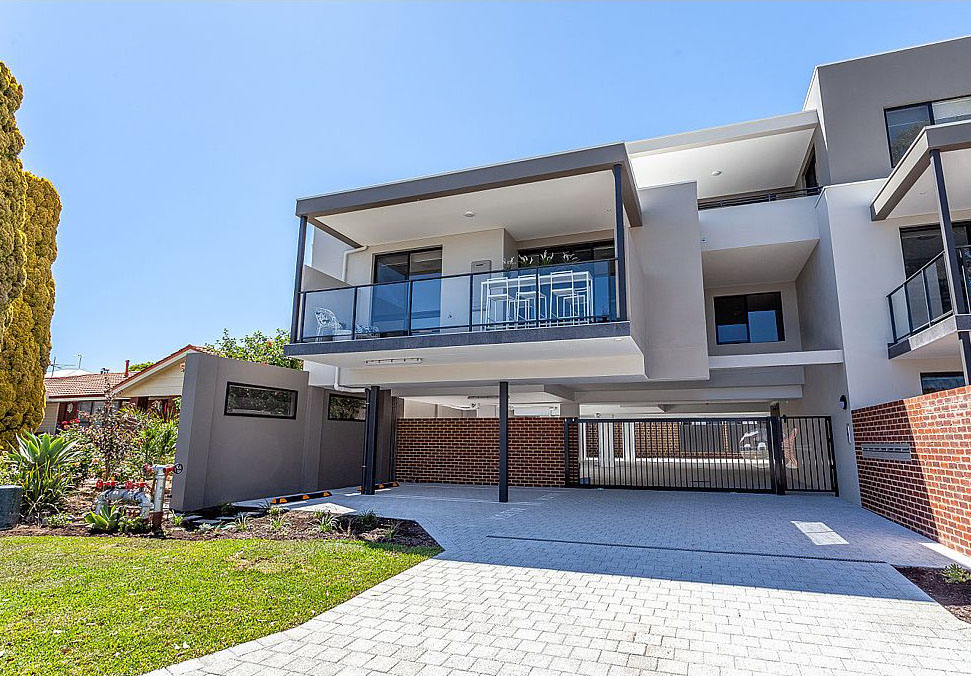
Special Disability Accommodation (SDA) is an accommodation or housing scheme specifically adapted to meet the needs of people with disability. It can include group homes and supported independent living arrangements, depending on the needs of the participant.
These specialised housing options provide a range of services and support to residents, such as wheelchair ramps and accessible bathrooms, making them ideal if a person needs assistance to live independently.
The Benefits of SDA

The National Disability Insurance Agency (NDIA) provides the funding for disability-related accommodations following the National Disability Insurance Scheme (NDIS) guidelines.
The Specialist Disability Accommodations enable people with disability to live in the most suitable setting. Here are some of the key benefits of this program.
Independence
People with disability are more likely to be more confident in living independently when they can move around in an environment that is safe for them.
SDA can provide them with a home that has access to features and facilities that may not be available to mainstream housing. This includes access spaces, lighting fixtures, and other amenities and design features that make moving around easier and safer.
Social inclusion
A healthy socio-cultural environment is essential for people with disability to make them feel included in the community.
Participating in a community that understands their capabilities and responds to their needs encourages them to live a productive life. They also benefit from being in a diverse setting where they won’t feel isolated and are allowed to interact with others.
Comfort
Having a home that tailors to their specific needs provides a comfortable living environment to those with mobility or sensory impairments.
An accessible bathroom and shower make a massive difference in the daily lives of individuals with disability. Ramp access, grab bars, or appropriate lighting can make these spaces more functional and negate risk.
Improved quality of life
Adaptable housing allows people with disability to comfortably live on their own and independently complete daily tasks.
They are allowed to have better control over their lives and are given the same opportunities as any other member of the community. This contributes to improving their quality of life and empowers them to seek personal and professional growth opportunities.
What is a Housing Exploration Plan?

The Housing Exploration Plan is a plan of action that outlines how the participant’s current situation aligns with the objectives of the SDA and housing options.
To qualify for SDA funding from the NDIS, the person must submit a Housing Exploration Plan. The plan should demonstrate the participant’s goals, aspirations, and challenges. The NDIS will use this document to provide a housing situation that meets the applicant’s needs.
The person may also require Functional Capacity Assessment or Occupational Therapy Report from their occupational therapist to supplement their Housing Exploration Plan. The report from your OT (Occupational Therapist) must communicate the specific risks associated with the participant’s current living arrangement and the expected outcomes of the preferred SDA home.
The Housing Exploration Plan should also outline the ideal design, type, and location of the accommodation based on the SDA rules. It should also list the equipment and assistive devices the participant is currently using and the ideal accessibility modification requirements.
To support these details, the OT must explain how having an SDA home would diminish the risks, help the participant achieve their goals and ideals, and encourage them to live a more independent and fruitful life.
How does a person with disability go about receiving Specialist Disability Accommodation?

The SDA rules are constantly in review, and individuals applying for SDA are considered on a case by case basis. A person with disability may be eligible for SDA funding if they have extreme functional impairment and/or high support needs. This person may have a reduced functional capacity when it comes to mobility, self care and self management, and requires person-to-person support and/or assistive technology.
For up to date eligibility requirements and rules for Specialist Disability Accommodation, visit the NDIS website.
Specialist Disability Accommodation at St. Jude’s
St. Jude’s offers homes that provide exactly what SDA stands for– a living situation that feels familiar and safe. Our team at St. Jude’s understands that having a comfortable home is a fundamental need; thus we offer various specialist disability accommodations that allow for a person’s independence whilst maintaining their personal and social connections.
With SDA housing, a person is able to share their home with others not necessarily eligible for SDA housing, such as their partner, children, or even their furry companion.
St. Jude’s is an NDIS-registered service provider with over 90 homes across Western Australia and Queensland for eligible NDIS participants. St Jude’s also provides temporary housing options if a person is still on the waitlist for SDA funding. If a person is not yet ready but would like a quote or some more information, St Jude’s can also assist.
Reach out to St Jude’s today to discuss options, or to learn more about our disability support services and all they have to offer.
|
|



